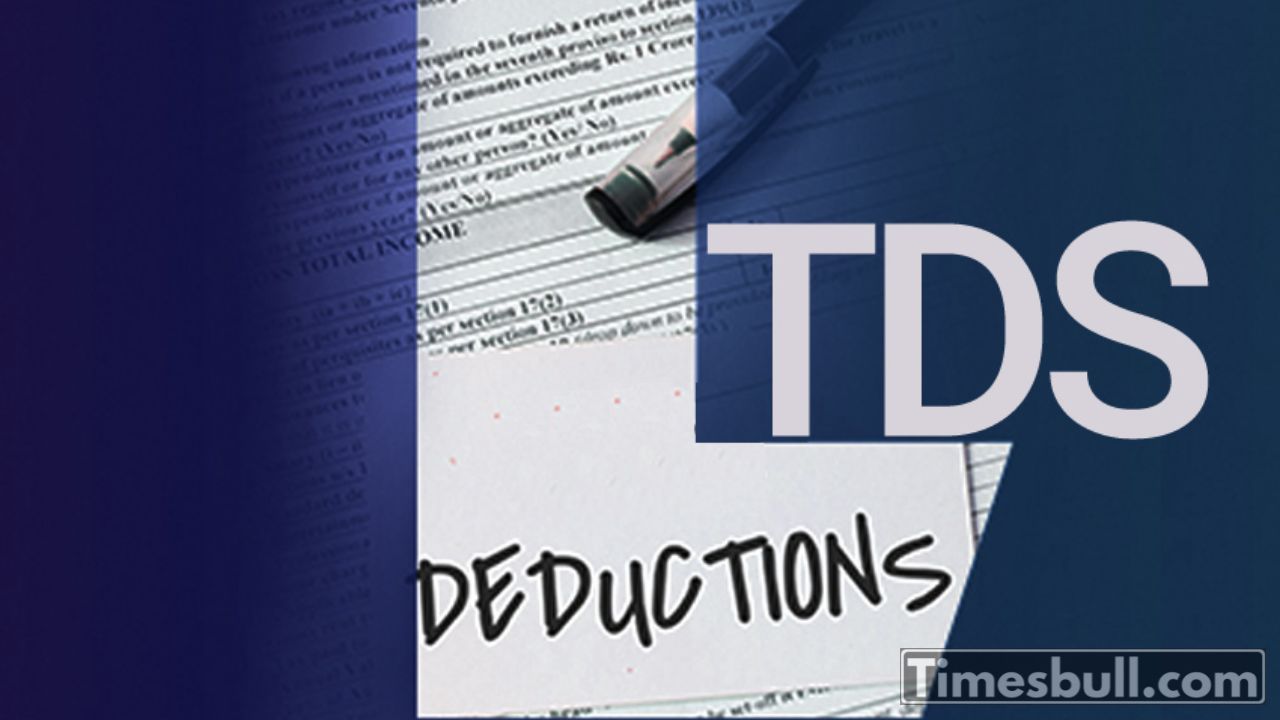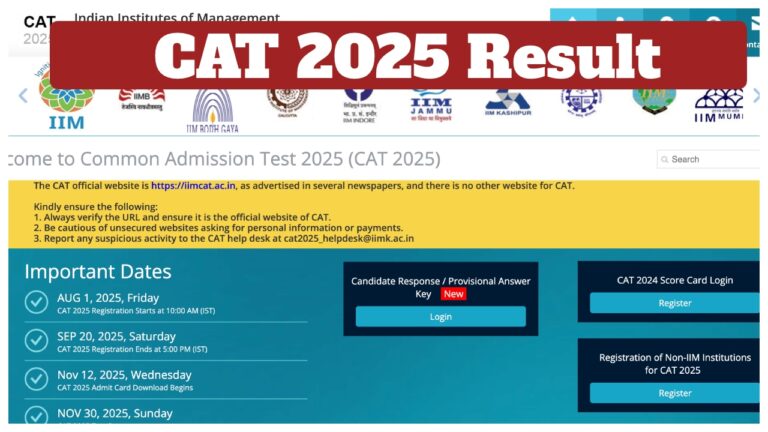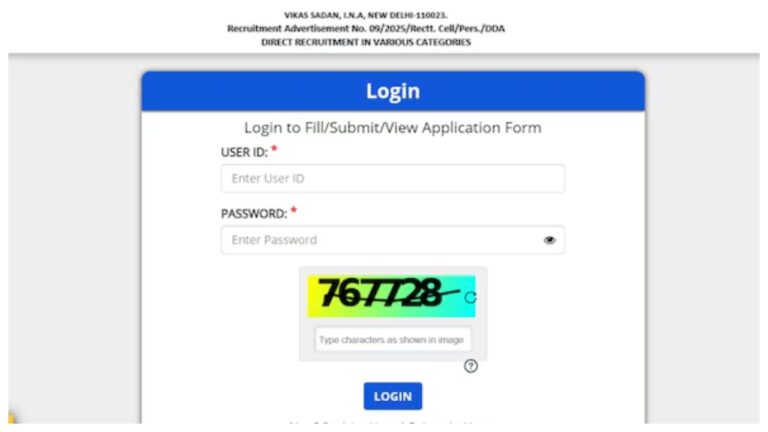TDS Deductions: If you are going to file Income Tax Return i.e. ITR, then the most important thing is to understand what TDS is and how it affects your tax payment. Often people know about TDS deduction only from their salary, but in reality this Tax Deduction at Source i.e. TDS is levied on many types of payments. In this article, we will explain in detail what TDS is, in which cases it is deducted, how to understand it and what rules apply to it.
What is TDS?
TDS means Tax Deduction at Source, that is, whenever an organization, company or person gives you money, some part of that payment is deducted as tax and deposited directly to the government. This rule has been made so that the government gets the tax money on time and tax evasion cannot happen. This payment can be salary, rent, professional fees, commission or any other income. But keep in mind that TDS is deducted only when the payment is above a certain limit. The tax that is deducted can be adjusted by the taxpayer, i.e. you, with your total tax when you file your ITR.
In which cases is TDS deducted?
The common belief is that TDS is deducted only on salary, but this notion is not correct. Actually, TDS is levied on many types of transactions. Such as your salary, interest deposited in your bank, house or shop rent, professional fees, commission or brokerage payment, purchase and sale of property and dividend. When TDS is deducted from your salary, you are given a Form 16 which contains all the information on how much tax has been deducted. On the other hand, if TDS is deducted from any other income of yours, then you get Form 16A.
Where to see the details of TDS?
If you want to know how much TDS has been deducted from you, then you can visit your income tax website and see Form 26AS or AIS (Annual Information Statement). Both these forms keep the details of all your tax deductions, which you can check while filing your ITR so that no tax is missed and tax is paid correctly.
Why is it necessary to deposit TDS every quarter?
The company or organization that deducts TDS has to give its deduction report i.e. return to the government every three months. For this, they use different forms like 24Q or 26Q. If any company or person does not deposit this TDS to the government on time or deposits it late, then a penalty can be imposed on it. The government has implemented this rule very strictly so that the tax money reaches the government on time.
What are the rates of TDS?
The rates of TDS depend on the type of payment and the person or organization to whom the payment is being made. For example, the tax deducted from your salary is based on the bracket of your annual income. If someone does not provide his PAN card, then TDS is deducted at a higher rate, which can be around 20% or even more. Therefore, it is very important to provide PAN card so that correct and minimum tax is deducted.
Is there a nil deduction in TDS?
Yes, there is a provision of nil deduction in TDS. This means that if a person’s actual tax liability is less than TDS, then he can apply to the tax department for less TDS or no deduction at all. This happens under section 197. If there is no tax liability on you, but still TDS has been deducted, then you can also get it back i.e. you can claim TDS refund.










